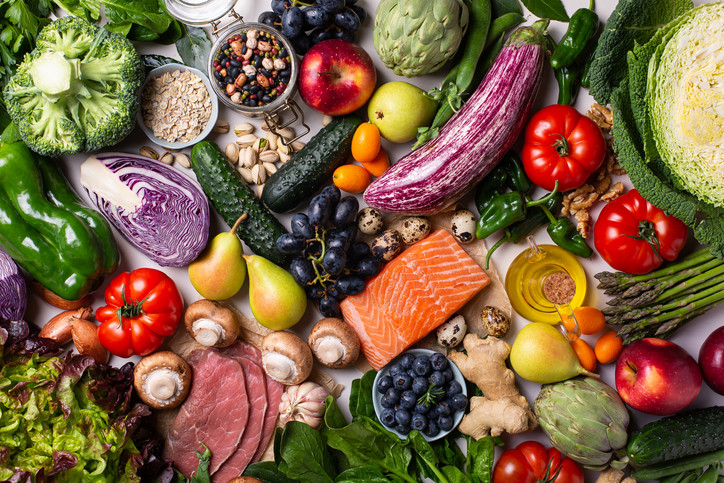Lifestyle
Does inflammation contribute to infertility?

Infertility is a remarkably common problem. It affects up to one in five people in the US who are trying to become pregnant, and 186 million people worldwide. A thorough medical evaluation can spot key contributing issues in many cases — whether in a woman, a man, or both partners — that might respond to treatment, or call for assisted reproductive tools like in vitro fertilization (IVF).
But in a substantial number of cases, no cause is found for infertility. Could inflammation be to blame for some of those cases, as recent research suggests? And if so, will an anti-inflammatory diet or lifestyle boost fertility?
Chronic inflammation has been linked to many health conditions, such as cardiovascular disease, stroke, and cancer.
While its importance in infertility is far from clear, some evidence supports a connection:
It’s a real possibility. Decades ago, researchers observed that women following a prescribed fertility diet ovulated more regularly and were more likely to get pregnant. Now a 2022 review of multiple studies in Nutrients suggests that following an anti-inflammatory diet holds promise for people experiencing infertility. The research was done years apart, but the diets in these two studies share many elements.
The 2022 review found that an anti-inflammatory diet may help
The authors add that improving diet might even reduce the need for invasive, prolonged, and costly fertility treatments. However, the quality of studies and consistency of findings varied, so more high-quality research is needed to support this.
While recent research is intriguing, there’s not enough evidence to show that an anti-inflammation action plan will improve fertility. A plant-based diet such as the Mediterranean diet, and other measures considered part of an anti-inflammatory lifestyle, improve heart health and have many other benefits.
It’s not clear if this is directly due to reducing inflammation. But this approach comes with little to no risk. And abundant convincing evidence suggests it can improve health and even fight disease.
Health experts have not agreed on a single definition. Here are some common recommendations:
Anti-inflammatory medicines may help in certain situations — for example, treatments for autoimmune disease. However, they are not warranted for everyone. And for people trying to conceive, it’s far from clear that any potential benefit would exceed the risk of side effects for parent and child.
It’s possible that inflammation plays an important and underappreciated role in infertility and that an anti-inflammatory diet or lifestyle could help. But we need more evidence to confirm this. Until we know more, taking measures to improve your overall health and possibly reduce chronic inflammation makes sense.
As a service to our readers, Harvard Health Publishing provides access to our library of archived content. Please note the date of last review or update on all articles.
No content on this site, regardless of date, should ever be used as a substitute for direct medical advice from your doctor or other qualified clinician.
Get the latest in health news delivered to your inbox!






